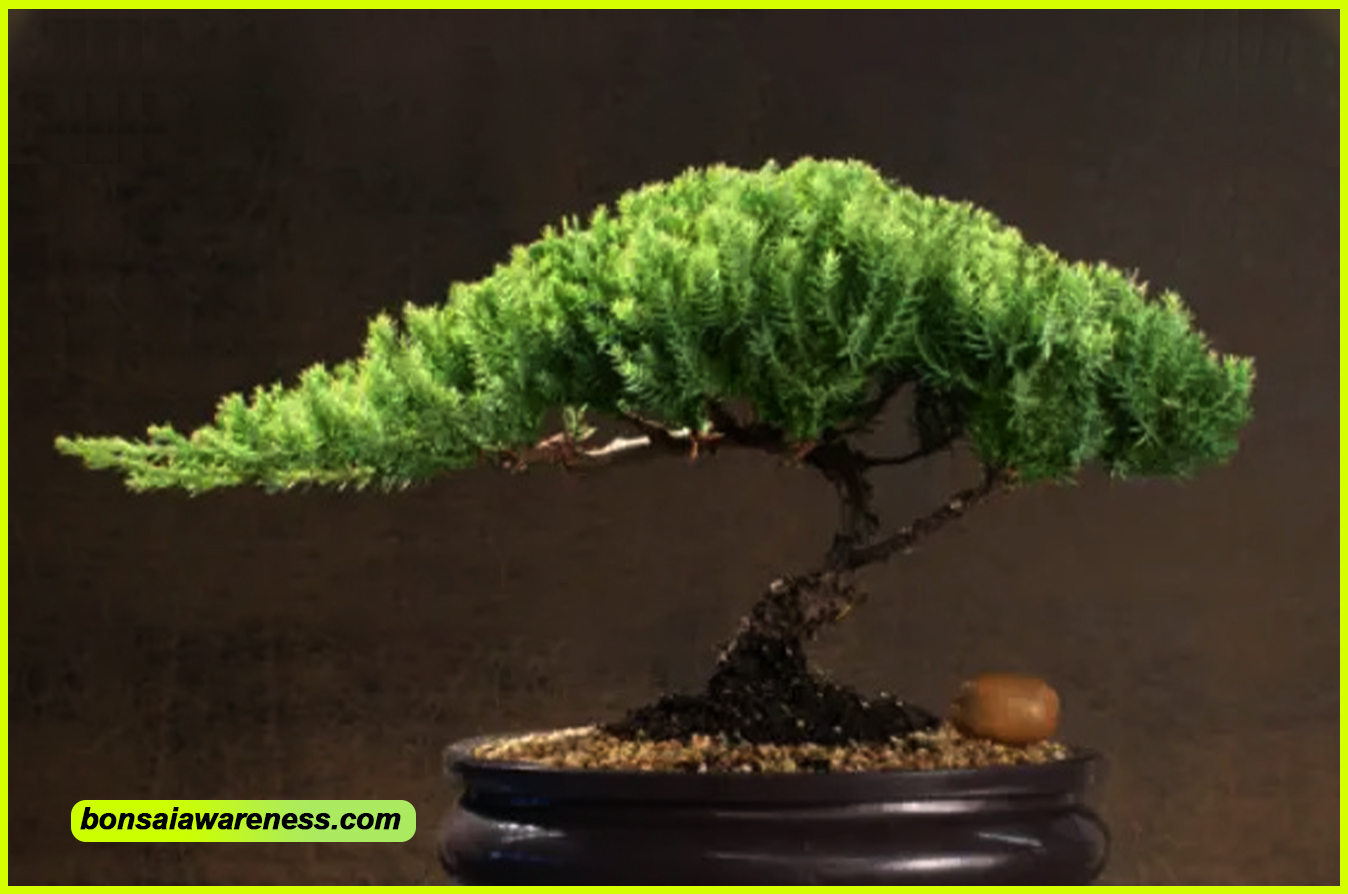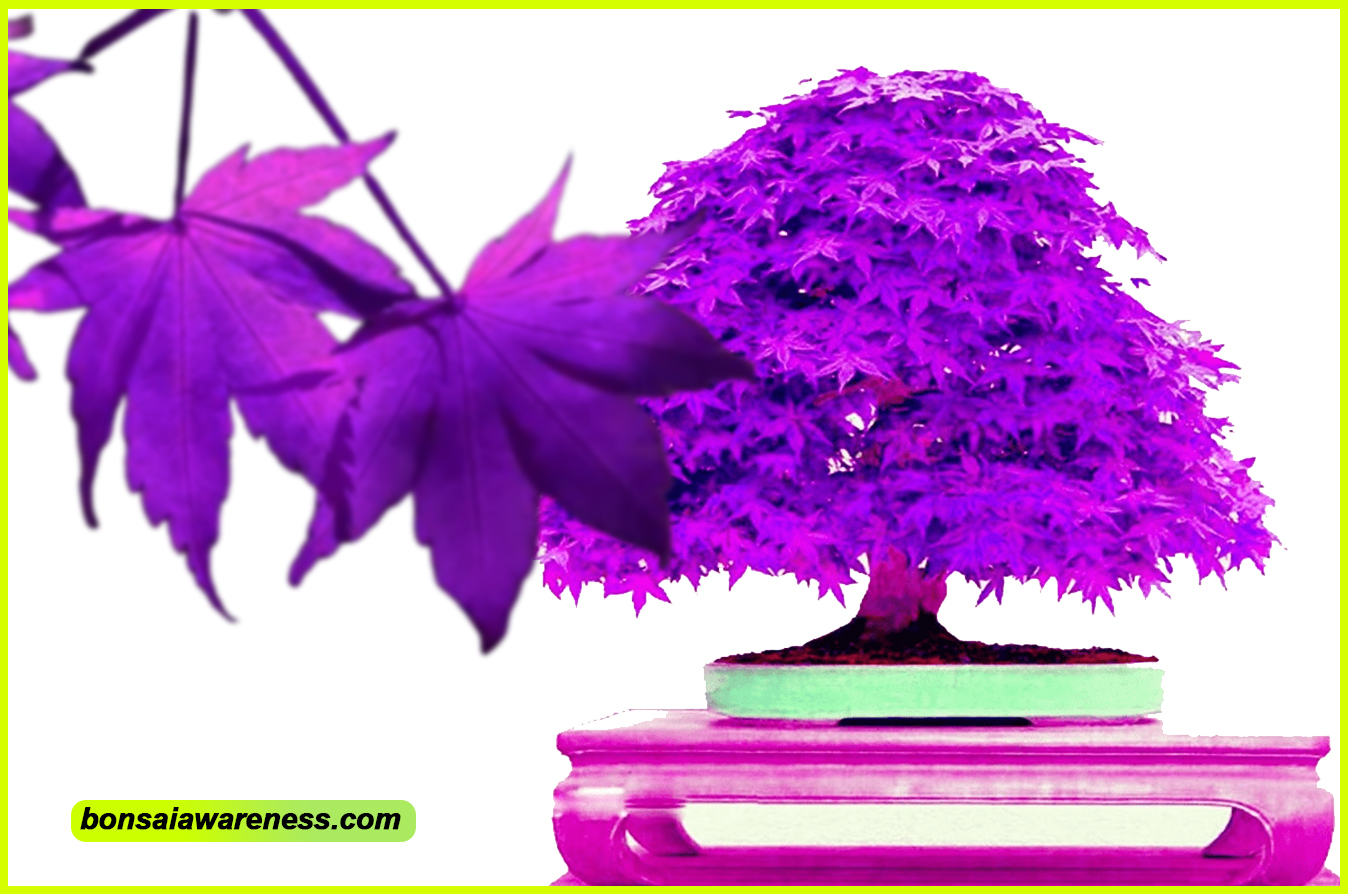The pronunciation of Bonsai Tree is “bahn-sigh” tree. Bonsai is a Japanese art form involving small trees grown in containers that are shaped and trained to appear mature and aged.
Bonsai trees are admired for their miniature size, precise pruning techniques, and aesthetic beauty. Originating in China and later adopted by the Japanese, Bonsai trees require skill, patience, and dedicated care to thrive. These stunning living sculptures have gained popularity worldwide as a captivating and unique element of home decor or as a rewarding hobby for enthusiasts.
Whether you are a bonsai enthusiast or simply appreciate the art form, understanding the correct pronunciation of “Bonsai Tree” will help you appreciate and discuss this beautiful creation accurately.
Understanding Bonsai
Bonsai is a Japanese art form that involves cultivating trees in containers. These miniature trees are aesthetically appealing and require specialized horticultural techniques to maintain their shape and size. The word “Bonsai” translates to “planted in a container” in Japanese.
Bonsai is the art of growing miniature trees in containers. The goal of cultivating Bonsai is to create a realistic representation of nature in a small scale, with every detail of a full-sized tree carefully replicated. The artistry lies in shaping and pruning the tree to resemble its natural form, while maintaining its small size.
Bonsai originated in China over a thousand years ago and was later adopted and refined by the Japanese. Initially, Bonsai was practiced as a form of plant cultivation by Buddhist monks but evolved into an art form admired by the Japanese aristocracy. It was during the Kamakura period (1185-1333) that Bonsai gained popularity and was cultivated by the general public.
There are various types of Bonsai trees, each with its own unique characteristics. Some popular types include the Juniper Bonsai, Ficus Bonsai, Pine Bonsai, and Maple Bonsai. Each type requires specific care and attention, including proper watering, pruning, and wiring techniques to maintain its miniature form.
Importance Of Pronunciation
Importance of PronunciationProper pronunciation plays a vital role in bonsai appreciation, as it enhances your knowledge and understanding of this ancient art. When it comes to learning about bonsai, accurate pronunciation matters for several reasons. Firstly, it allows you to communicate effectively with fellow enthusiasts, fostering a sense of community and shared learning. Pronouncing bonsai terms correctly also contributes to your overall credibility and authority on the subject. Moreover, it helps you build a strong foundation for further learning and exploration. Incorrect pronunciation can lead to misunderstandings and confusion, hindering your progress in bonsai cultivation. By focusing on proper articulation, you improve your ability to identify and understand different species, techniques, and aesthetic principles. Whether you’re discussing bonsai with a group or researching online, accurate pronunciation can positively impact your experience and enrich your knowledge.
Why Pronunciation is Important in BonsaiThe importance of pronunciation in bonsai lies in the clarity and precision it brings to conversations and teachings. Properly pronouncing bonsai terms allows for effective communication among enthusiasts, promoting a shared understanding of concepts and techniques. It also fosters a sense of respect for the art and its cultural roots. Clear pronunciation aids in the accurate transmission of knowledge, ensuring that information is properly understood by beginners and experts alike. When discussing bonsai, proper articulation helps avoid confusion and misinterpretation, enabling smooth and meaningful conversations about the topic. By mastering the pronunciation of bonsai terms, you demonstrate your dedication and commitment to the craft, as well as your respect for its traditions.
Benefits of Proper PronunciationProper pronunciation of bonsai terminology offers numerous benefits. Firstly, it allows you to participate confidently in discussions and workshops, enhancing your engagement and ability to contribute. It also facilitates effective communication with experts and other enthusiasts, enabling valuable exchanges and collaborative learning. Additionally, accurate pronunciation helps you understand and remember these specialized terms more easily, improving your overall understanding of the art form. Mastering the pronunciation of bonsai terms also enhances your credibility, establishing you as a knowledgeable and respected member of the bonsai community. Moreover, it fosters cultural and historical appreciation by ensuring that the art’s traditional language is preserved and respected. Overall, proper pronunciation elevates your bonsai journey, empowering you to connect deeply with the art and its community.
Mastering The Art Of Pronouncing Bonsai
Pronouncing Bonsai correctly requires learning the phonetic sounds associated with this ancient Japanese art form. By developing a natural flow while speaking, you can avoid common mistakes that often occur due to mispronunciation. To pronounce Bonsai correctly, it is essential to focus on each syllable and emphasize the correct stress on the vowels. Practice enunciating the sounds of “Bon” and “Sai,” giving equal importance to both syllables. Avoid rushing or slurring the pronunciation, as it may result in confusion. With dedication and patience, you can gradually gain confidence in pronouncing Bonsai accurately. Remember, the key to mastering the pronunciation lies in perseverance and consistent practice.
Tips And Techniques
Pronouncing a Bonsai Tree correctly requires attention to tongue placement and breathing techniques. To achieve accuracy, place your tongue behind your teeth and exhale gently through your mouth. Focus on articulating each syllable clearly while practicing regularly to perfect your pronunciation.
Frequently Asked Questions For How To Pronounce Bonsai Tree
What’s The Correct Pronunciation Of Bonsai?
Bonsai is pronounced as “bone-sigh. ” It’s a two-syllable word, with emphasis on the first syllable.
Is It Bonsai Or Bonzai?
Bonsai is the correct spelling, not bonzai. It refers to the art of cultivating miniature trees in containers.
Is A Bonsai Tree Chinese Or Japanese?
Bonsai trees originated in China but were later adopted and refined by the Japanese.
What Is A Bonsai Tree In English?
A bonsai tree is a miniature tree grown in containers that requires careful pruning and shaping.
Conclusion
Mastering the pronunciation of bonsai trees enhances your experience with these miniature wonders of nature. By understanding the correct pronunciation, you can confidently discuss and appreciate their beauty with fellow enthusiasts. Practice the pronunciation tips shared and soon you’ll be pronouncing “Bonsai” flawlessly.
Remember, mastering the pronunciation adds an extra layer of authenticity to your passion for bonsai trees. Happy gardening!


Leave a Reply